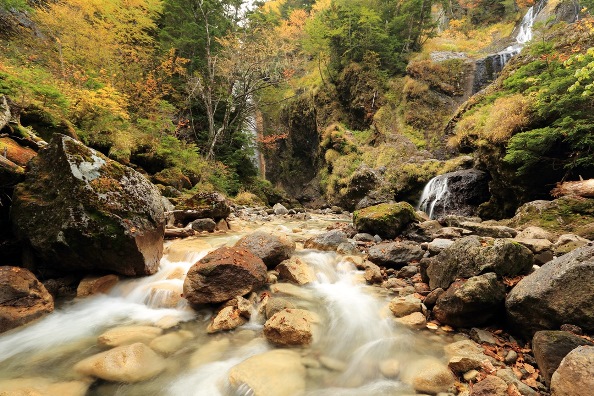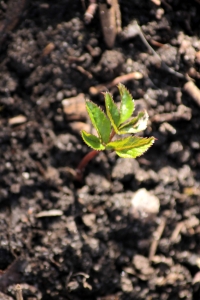Creation Care as Discipleship
If creation itself is to give glory to God (Psa. 8:1), then humans too must view God himself—not the created entities—as divine and worthy of worship. Creation is sanctified (made holy, set apart for God’s use). However, it is not divine, as some have said, resulting in worshipping the earth (Rom. 1:21–25).
On the contrary, Christians need to reclaim creation care as God-initiated and God-guided, from Genesis to Revelation.6 Ethicist David Gushee urges believers to reclaim this responsibility:
In the face of the charge that Christians and Christianity bear grave responsibility for our environmental crisis, we dare not simply move into a sulk of defensiveness. We must instead claim the profound resources for creation care that have been there from the very beginning in Scripture. We must tell our own story more adequately, understand our own holy texts more profoundly.7
Telling their own story is precisely what Evangelicals have been learning to do in recent decades as their scholarship, networking, and resourcing of the body of Christ for creation care continues to flourish.
God Will Redeem the Created Order
 A fourth biblical principle of creation care comes from Colossians 1. Through His death, Christ not only reconciles humankind to God, but all things—including creation itself. All things will be reconciled, “whether things on earth or things in heaven” (v. 20). Paul describes this redemption of the created order in Romans 8. Creation itself “waits in eager expectation” (v. 19) for the final day when it will be “liberated from its bondage to decay and brought into the glorious freedom of the children of God” (v. 21). Creation has been “groaning as in the pains of childbirth right up to the present time” (v. 22) along with humans who “wait eagerly” (v. 23) for the final redemption of their bodies.
A fourth biblical principle of creation care comes from Colossians 1. Through His death, Christ not only reconciles humankind to God, but all things—including creation itself. All things will be reconciled, “whether things on earth or things in heaven” (v. 20). Paul describes this redemption of the created order in Romans 8. Creation itself “waits in eager expectation” (v. 19) for the final day when it will be “liberated from its bondage to decay and brought into the glorious freedom of the children of God” (v. 21). Creation has been “groaning as in the pains of childbirth right up to the present time” (v. 22) along with humans who “wait eagerly” (v. 23) for the final redemption of their bodies.
Since all things are to be reconciled ultimately through Christ, we should not be surprised that God’s Word condemns the ruin of creation and calls for its restoration. As disciples, we imitate the One participating in creation restoration (making all things new, Rev. 21:5). We can learn to set aside greed, which exploits and degrades the earth, and instead practice contentment along with nurturing attitudes and behaviors.
Opportunities to Love and Serve
 Followers of Jesus Christ must view creation care as more than simply an interesting topic of biblical and theological study, a good cause to believe in, or a culturally astute response. They must understand fundamentally that creation care matters8 because it provides a means for loving and serving God and others. Let’s look at four ways this can take place.
Followers of Jesus Christ must view creation care as more than simply an interesting topic of biblical and theological study, a good cause to believe in, or a culturally astute response. They must understand fundamentally that creation care matters8 because it provides a means for loving and serving God and others. Let’s look at four ways this can take place.
Walking in Thankful Obedience
Through God’s design, the earth gives to people, and people have opportunity to give back by treating it right. Calvin B. DeWitt9 describes provisions God has made for creation: energy exchange, soil building, cycles of the biosphere, water purification and detoxification, the abundance of life in all its species and habitats, the fabric of energy relationships (such as photosynthesis), global circulations of water and air, and—one of the most wonderful provisions—the ability of humans to learn from creation. In this and more, He has given us the “book” of His world, by which we can build “mental models of all aspects of creation—from atoms to plants to habitats to the cosmos.”10
Category: Living the Faith, Winter 2016


